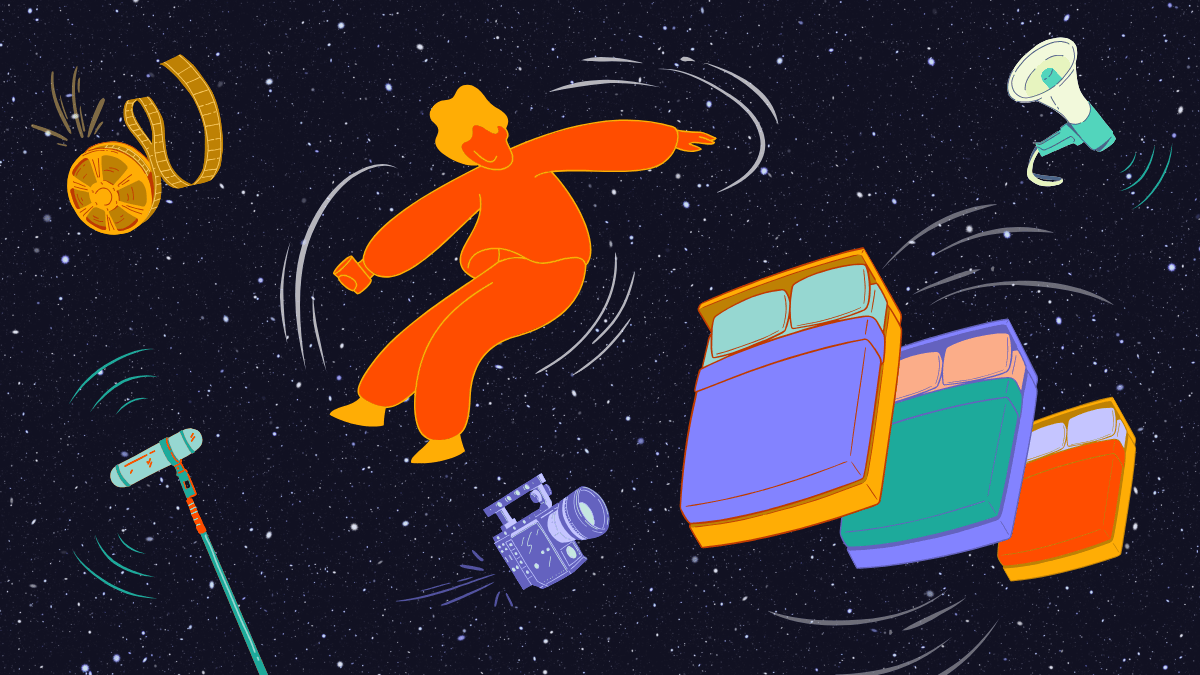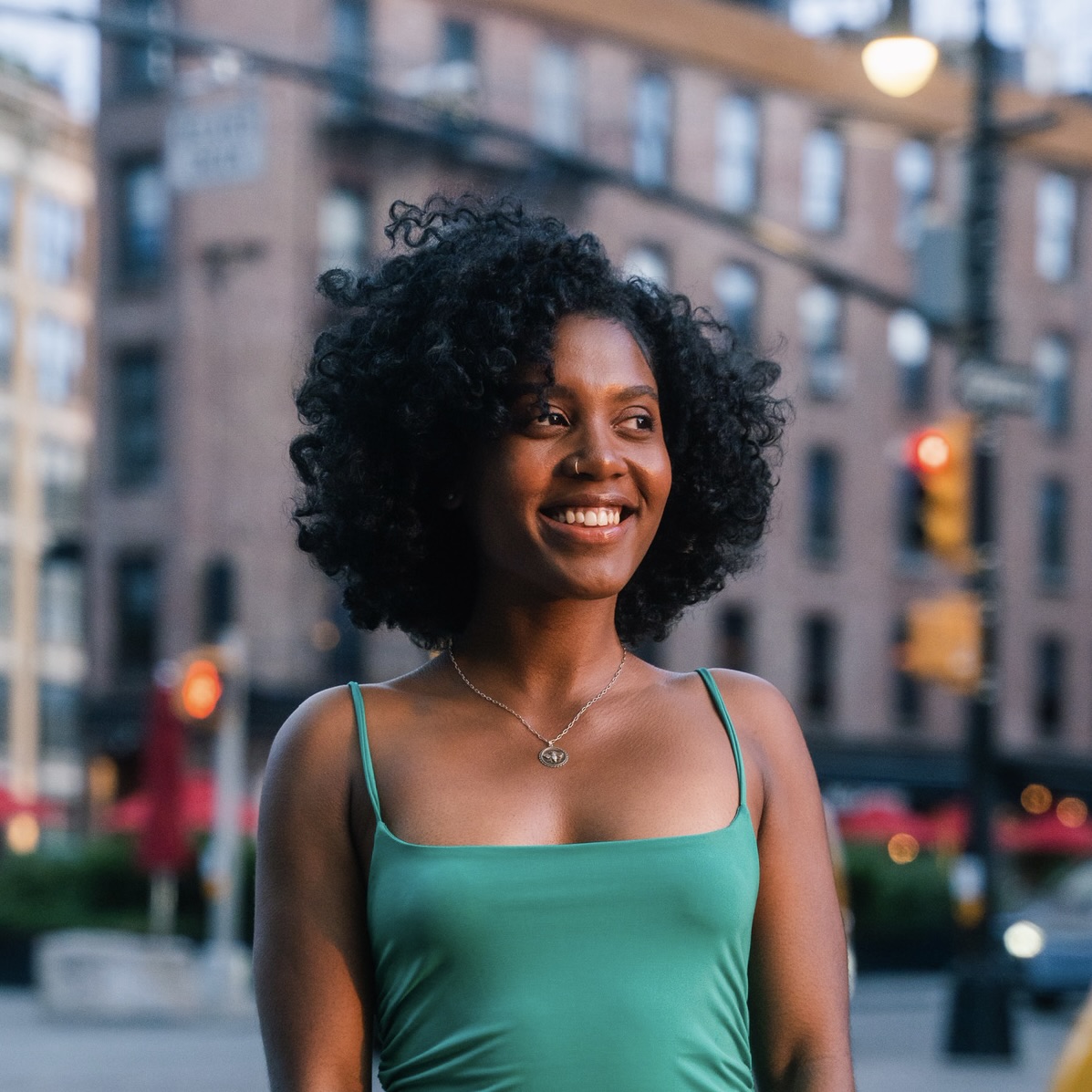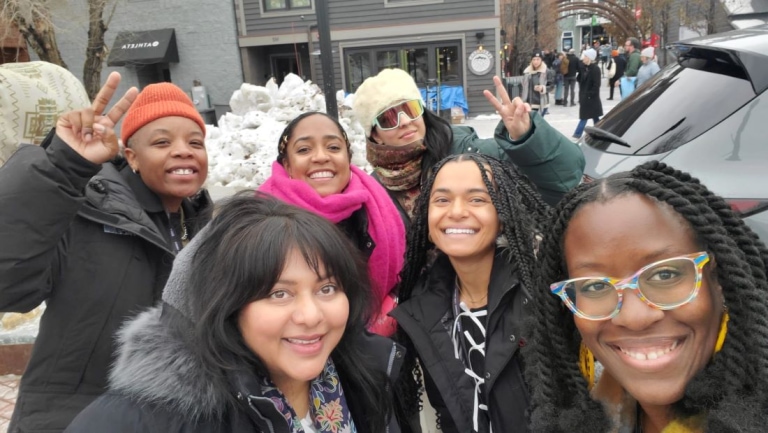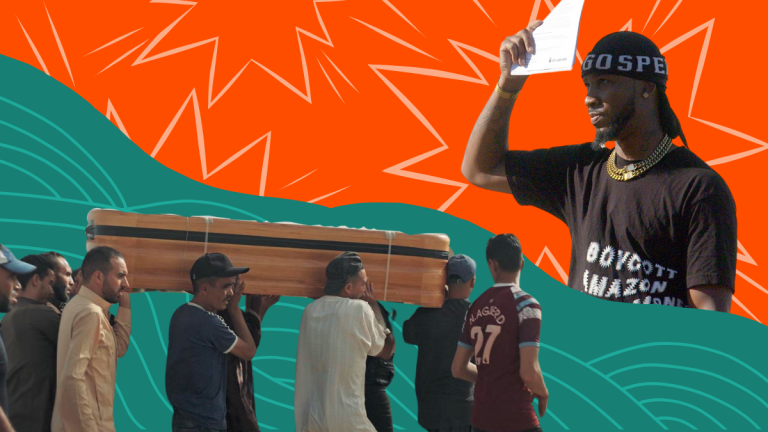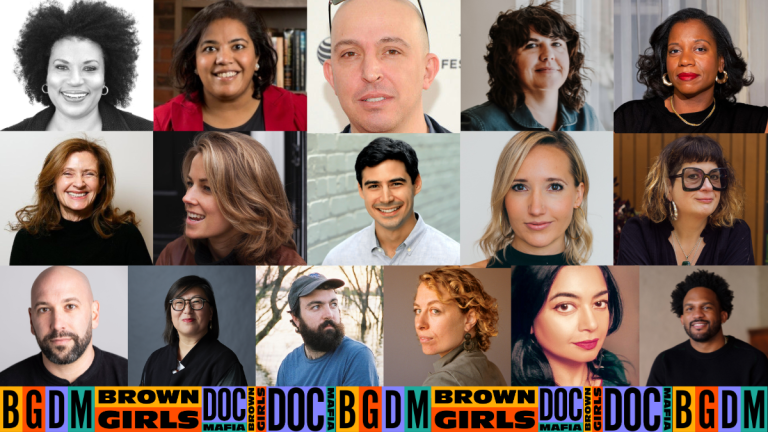
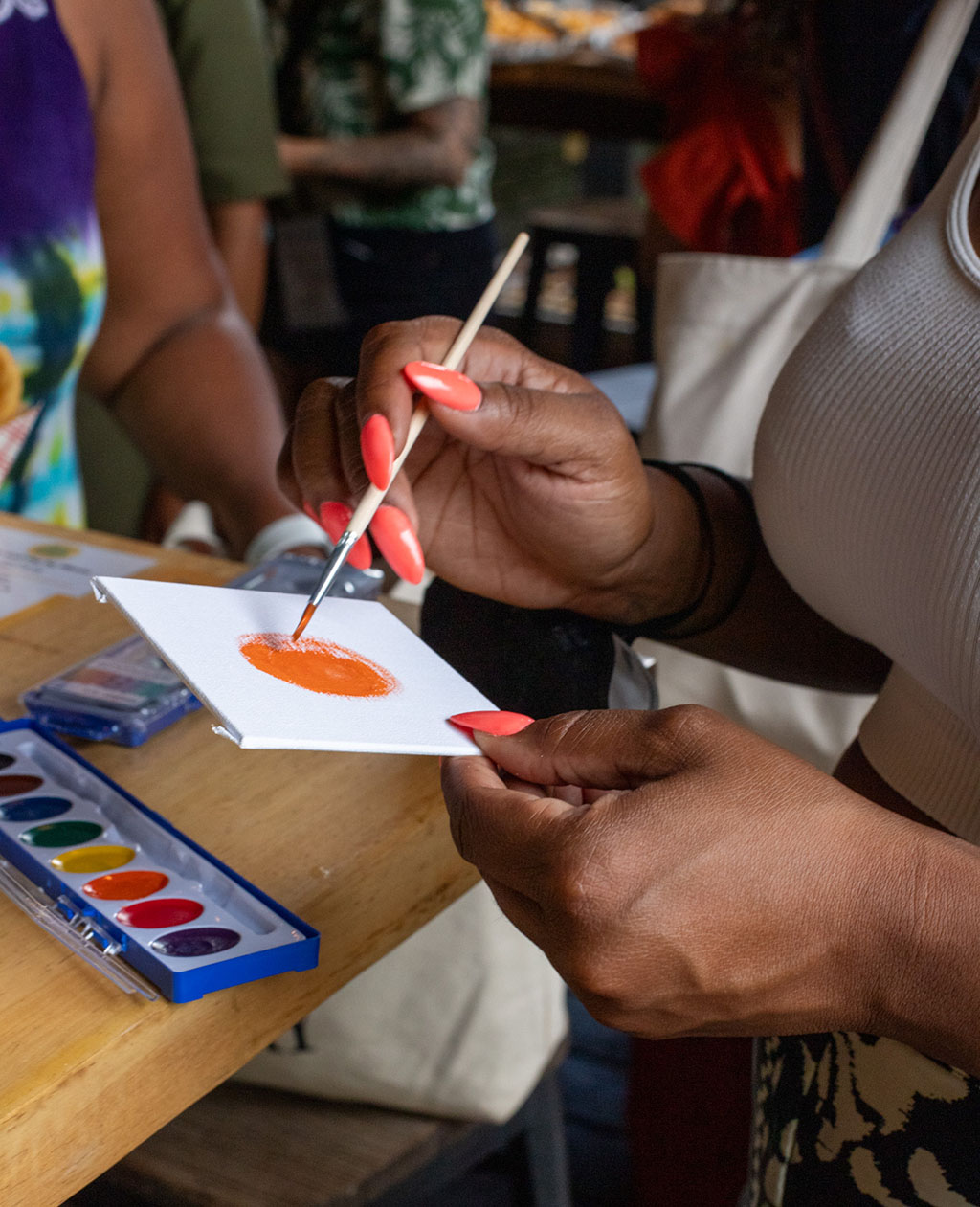
"Rest is not a luxury, a privilege, or a bonus we must wait for once we are burned out…rest must be practiced daily until it becomes our foundation."
- Tricia Hersey in "Rest is Resistance: A Manifesto"
Earlier this year, DocuMentality released The Price of Passion, “the first report to focus exclusively on the mental health impacts of making documentaries.” The findings reveal a stark reality: funding scarcity, power imbalances, burnout, vicarious trauma and oppression as relates to intersectional identities. Each outcome is a product of a documentary system simply not built to support nor sustain the majority of those who enter the field, particularly BIPOC gender-marginalized and disabled folks. The accounts in the report highlight how emotionally, financially, and creatively unsustainable this field is for many. As we think about how we move from exhaustion to rest, the systems that have carried us here must be at the center of this conversation.
We’re not the only ones to bring this to the forefront. Decentralised Independent Story and Culture Organizers (DISCO) is a global network of cultural and documentary organizations that work to address “the systemic challenges facing independent media.” This includes new models for sustainability in filmmaking, innovation in distribution, decolonising funding for documentary, defining independence, and safety and security for filmmakers. Organizations such as these are bringing conversations like universal basic income and healthcare for filmmakers to the forefront. It’s these kinds of systemic shifts, that call to change the context we live in, that makes rest accessible to all.
As documentary workers, we understand that this conversation on rest and care is deeply intertwined with the people and communities we work with through these films. Peace is Loud has continuously been a pillar in participant care. Partnering with BGDM member and Subject director Jennifer Tiexiera, they recently released Holding Ourselves Accountable: A Consent Calendar Resource — a document that establishes participant consent as an ongoing process and provides best practices to ensure consent throughout the filmmaking process.
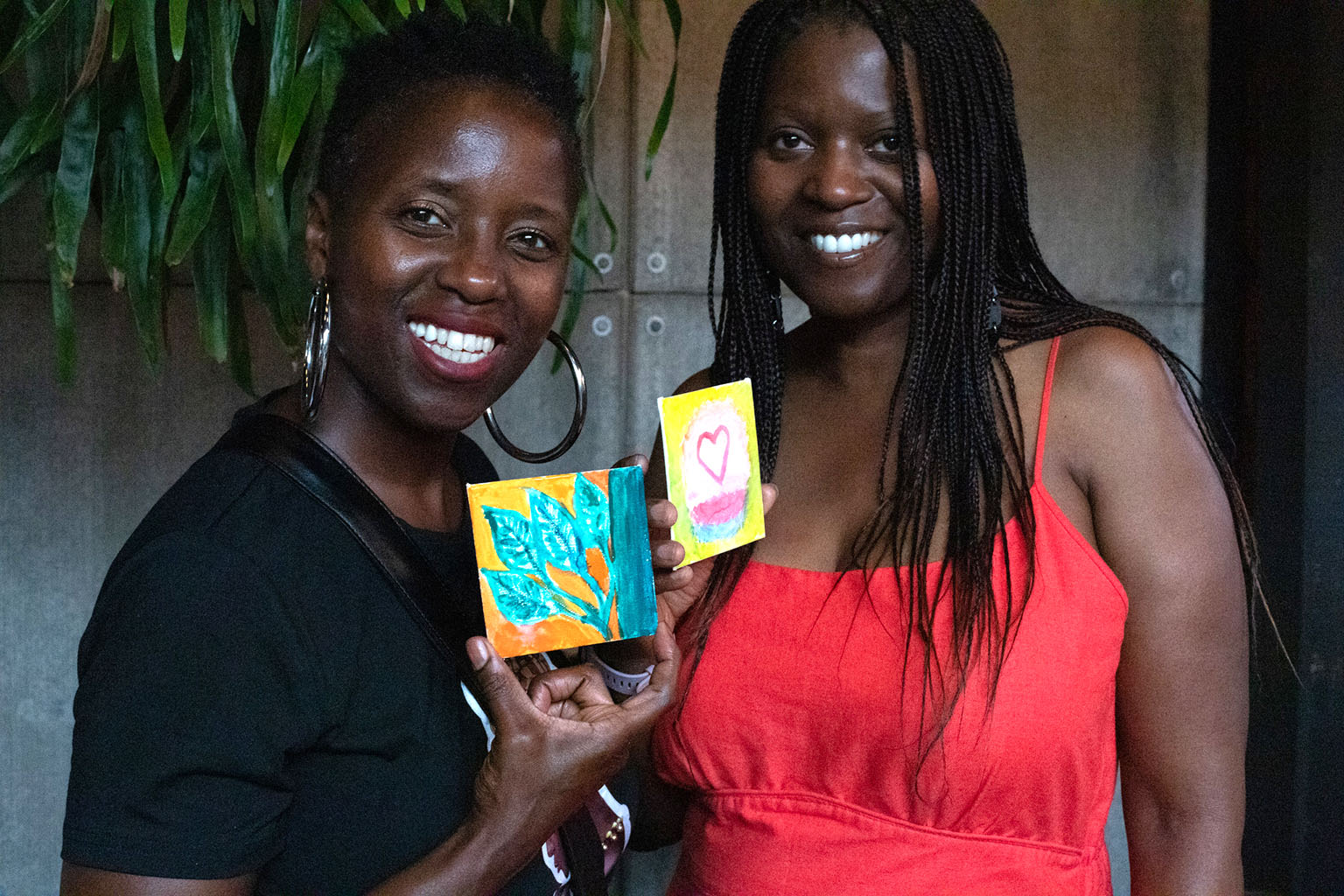
This calendar, and the many other participant care resources those in our field are creating, reveals that care requires spaciousness within ourselves to move with intention. As the saying goes, we cannot pour from an empty cup. I wonder what comes out when we try? Exhaustion and unsustainable conditions not only impact ourselves and families, it also has the capacity to harm participants, teammates, and audiences. As we look for more avenues of rest, we do this work not just for ourselves, but for all those around us. The collective benefits when each of us has the space to show up cared for, rested, and present.
BGDM thought deeply about how we address this crisis of exhaustion. What does it look like to support our members and contribute to a documentary ecosystem that centers care in all it does?
We partnered with OTV to move closer to this answer, launching Pause & Play, our newest featured program that centers wellness, mental health and joy across the documentary industry. It’s in this work that we hope to remember that joy and care are also central to what it means to move forward amidst a world that also holds deep heartache, anger, and uncertainty. Our virtual series welcomed some of the organizations mentioned here, as well as filmmakers, participants, organizers and wellness facilitators deep in the work of rest. Through each conversation and meditation, there was room for what we do not know, for what we’ve always known, and for what we dream of knowing.
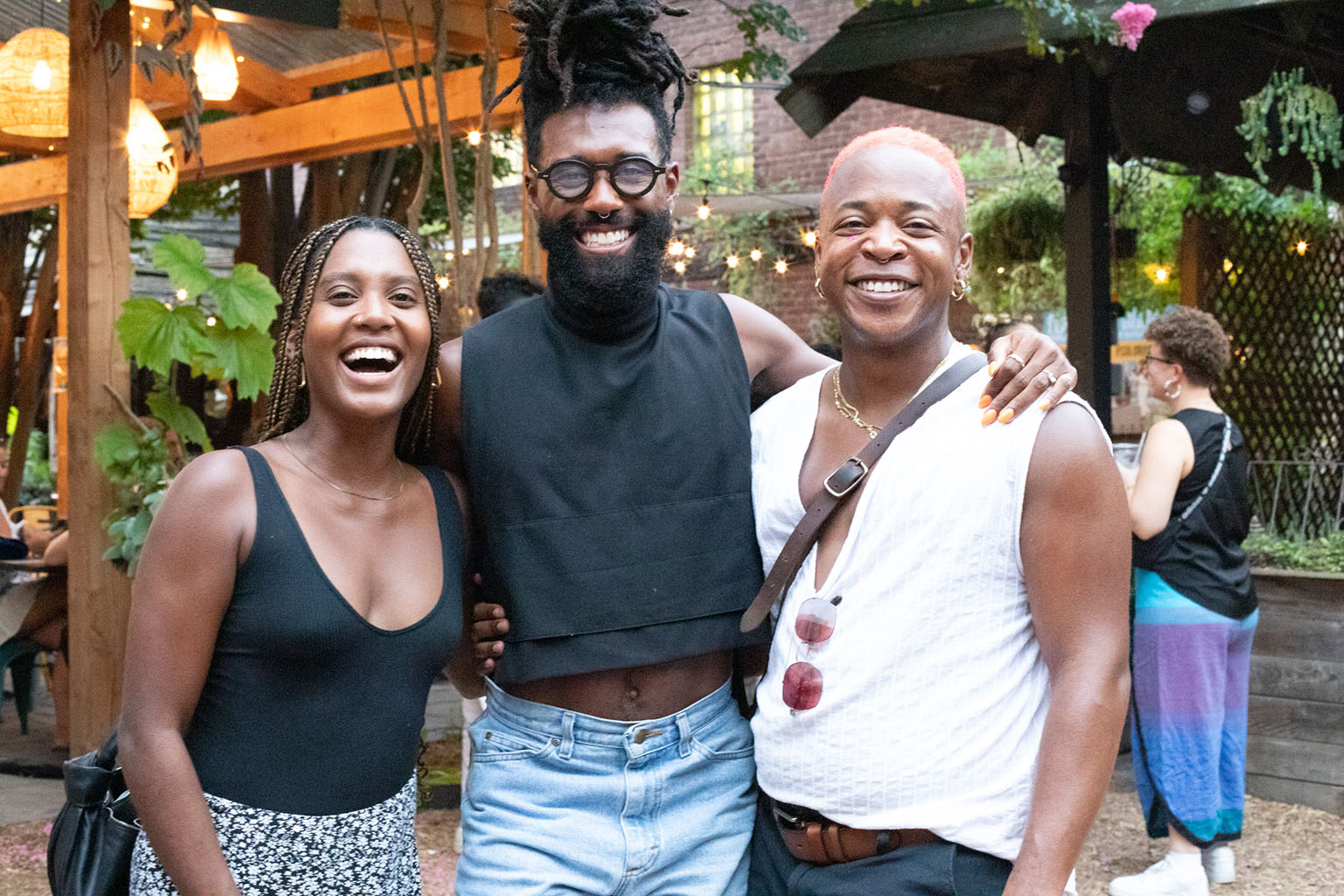
In Rest is Resistance: A Manifesto, Tricia Hersey shares that “Rest is not a luxury, a privilege, or a bonus we must wait for once we are burned out…rest must be practiced daily until it becomes our foundation.” In this vein, BGDM organized Film Workers Wellness Week. Across eight cities worldwide, we gathered members together to pause from talking about rest and take a moment to be in it together. Members organized potlucks, nature walks, game nights and more, reminding us of the beauty and necessity of gathering in joy.
BGDM is not separate from conversations of care. We continue to grapple with what it means to be an arts nonprofit seeking to create a culture of rest within and outside of the walls of this organization while working within capitalist systems that require extreme labor to be sustained. In what ways can we pause long enough in this industry to allow our bodies to catch up to ourselves? It’s an ongoing conversation, and we have gratitude for the peer organizations we’re in community with to dream up alternative possibilities.
So how do we move forward when some days, one step is more energy than we have to give?
While I can’t say we have all of the answers, what BGDM has always known is that we can go further together. It is when we gather in collective that our energies and wisdom can care for one another enough to take the next step.


